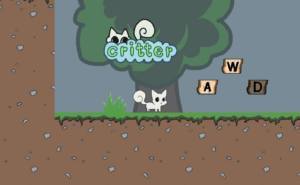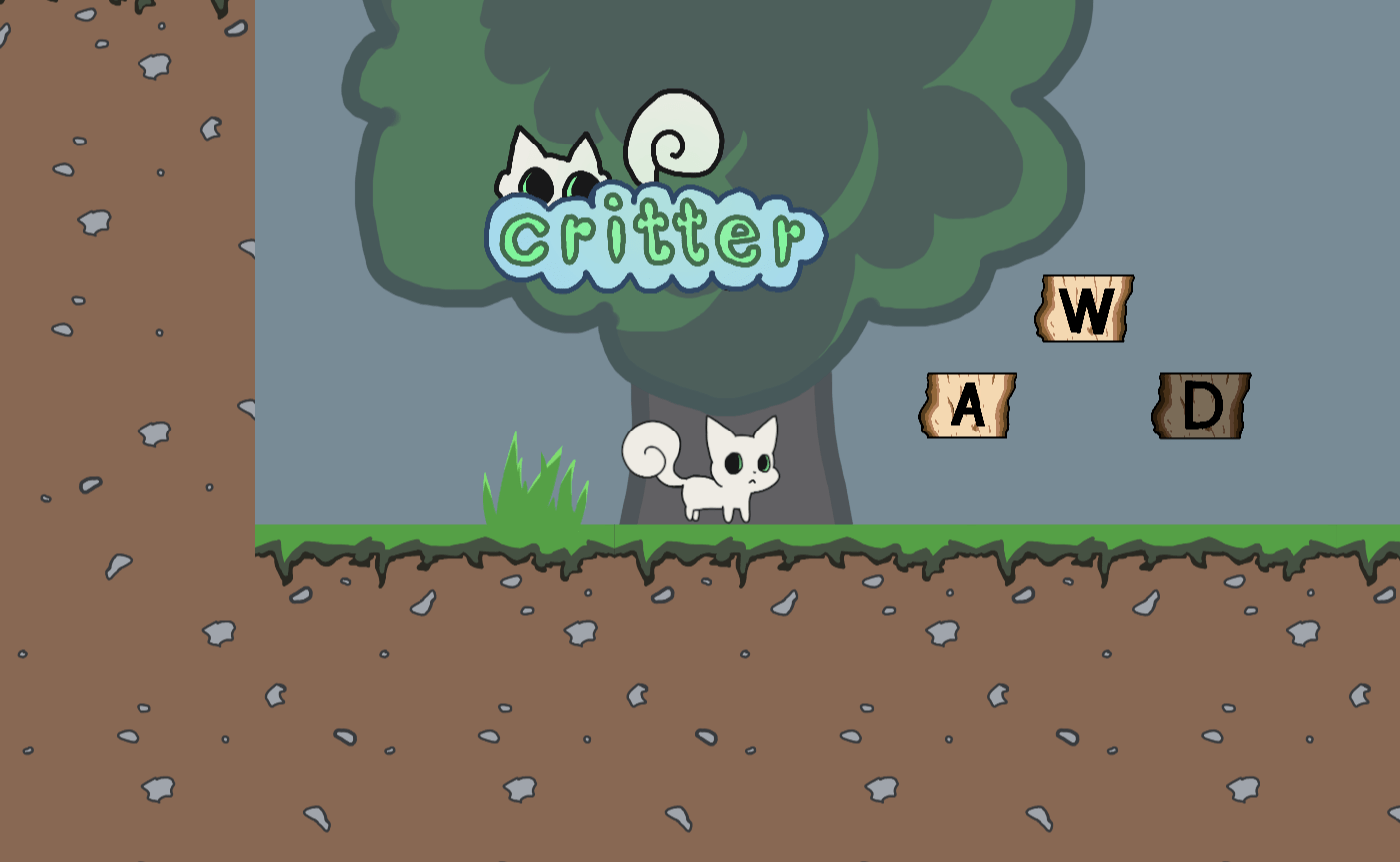Before this class, I’d already designed and developed games in a group of three for years in the Unity Engine. As a first-year at Stanford, I’ve been constantly looking for a way to integrate game development into my studies—stemming from an attempt to begin a game development club (Stanford Video Game Development) on campus to take a few “student-initiated” courses on game development like CS 11SI. CS 247G was able to help me scratch the itch of game development that I’ve been yearning for.
I’ve already learned about concepts like the formal elements of game design and MDA analysis—I’ve even taught these concepts to high schoolers in a past online program! However, seeing the presentations created and how the content was formally presented in this class helped me see many different ways to reframe game development-based education. The Sketchnotes and Critical Plays exposed me to many new “hard concepts” and games from genres I’ve never been interested in, but this all echoes the tips provided in the very first YouTube video that we listened to in the class: Play what you’re uncomfortable with to learn more about game development.

Figure 1: The logo of Ghostwriters, the P1 project that I worked on with Sophie, Lucien, and Kaiyu
Working in different teams with people I had no idea existed was super eye-opening since it draws many parallels to what could happen in the game development industry. Witnessing diverse perspectives and viewpoints on games—such as in P1, when I heard the idea of a “debate game” from someone who loved debate in high school—was interesting in its own respect, and I look forward to seeing even more of these ideas in the future. I’m glad that I could meet the people I did for P1 and P2, and I’m looking forward to seeing more familiar faces around campus over the next several quarters. As such, the skills that I learned transcend fixing annoying bugs (and the many, many merge conflicts that arose) within my teams’ game projects, also allowing me to develop better collaboration and social skills.

Figure 2: The starting scene of Critter, the P2 project that I worked on with Nils, Ngoc, Lucien, and Houston
I look forward to exploring game development more in the future. More specifically, I want to kickstart a game development club here on campus since I’m honestly shocked at the absence of one. Seeing other university clubs like Georgia Tech’s GTDev makes me want to create a similar community here at Stanford. I also wish to create more accessible intro-level classes to get others more involved in engines like Godot and Unity. This will probably be a prospect that I’ll start working on in next year’s Winter quarter (since club applications aren’t open in the Fall), but I’m 100% intent on making this happen sooner or later.



